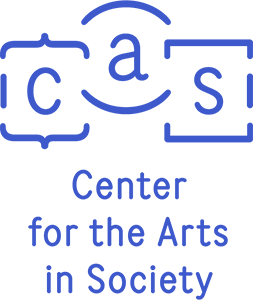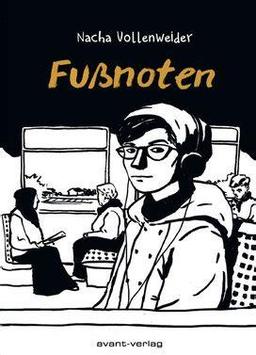Transcultural Memory and the 'Disappeared' as a Multidirectional Category in Nacha Vollenweider's Notas al pie
September 19, 4:30pm-5:30pm
Posner 340, 4980 Margaret Morrison St, Pittsburgh, PA 15213, USA
Dr. Jasmin Wrobel, The University of Manchester
In her graphic debut Fußnoten/Notas al pie [Footnotes] (2017), published simultaneously in Germany and Argentina, Nacha Vollenweider brings different (hi)stories of structural,(neo)colonial, and state violence into dialogue. As Vollenweider’s avatar looks out the window during a train ride through her new hometown of Hamburg, observing the urban landscape, memories of Argentina and her family history, especially the murder of her uncle during the last military dictatorship (1976-1983), intertwine with recent events in Hamburg and Europe, not least against the backdrop of the 2015 ‘European migrant crisis.’ Each of her memories – that is, each ‘footnote’ – is triggered by small details she notices during the train ride. These associative links lead to a multimedia reconstruction of her family history through the incorporation and re-framing of photographs, video recordings, or colonial documents that – in combination with different graphic strategies and deliberate ‘image manipulations’ – illustrate the multidirectional entanglements of global history.
In this paper I take Vollenweider’s work as a starting point to reflect on the potential of comics to represent non-linear interactions in transcultural memory, while paying special attention to some decisive differences between the German and Argentinean editions of Notas al pie. I discuss the representational and medial strategies Vollenweider uses to visually ‘stage’ the forced ‘disappearance’ of her uncle and other opponents of the military regime and ask how the multimedia archive she (re)creates between individual and collective memory counters those ‘forced absences.’ Finally, I argue that the category of the desaparecido, a term that has increasingly been used as a ‘travelling concept’ in the context of other (transnational) experiences of violence, bears particular potential in relation to Rothberg’s concept of multidirectional memory – a potential that Vollenweider brings from the bottom of the page to the centre through her visual footnotes.
Co-sponsored by the Center for Arts in Society and the Carnegie Mellon University Department of Modern Langages

